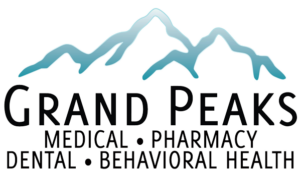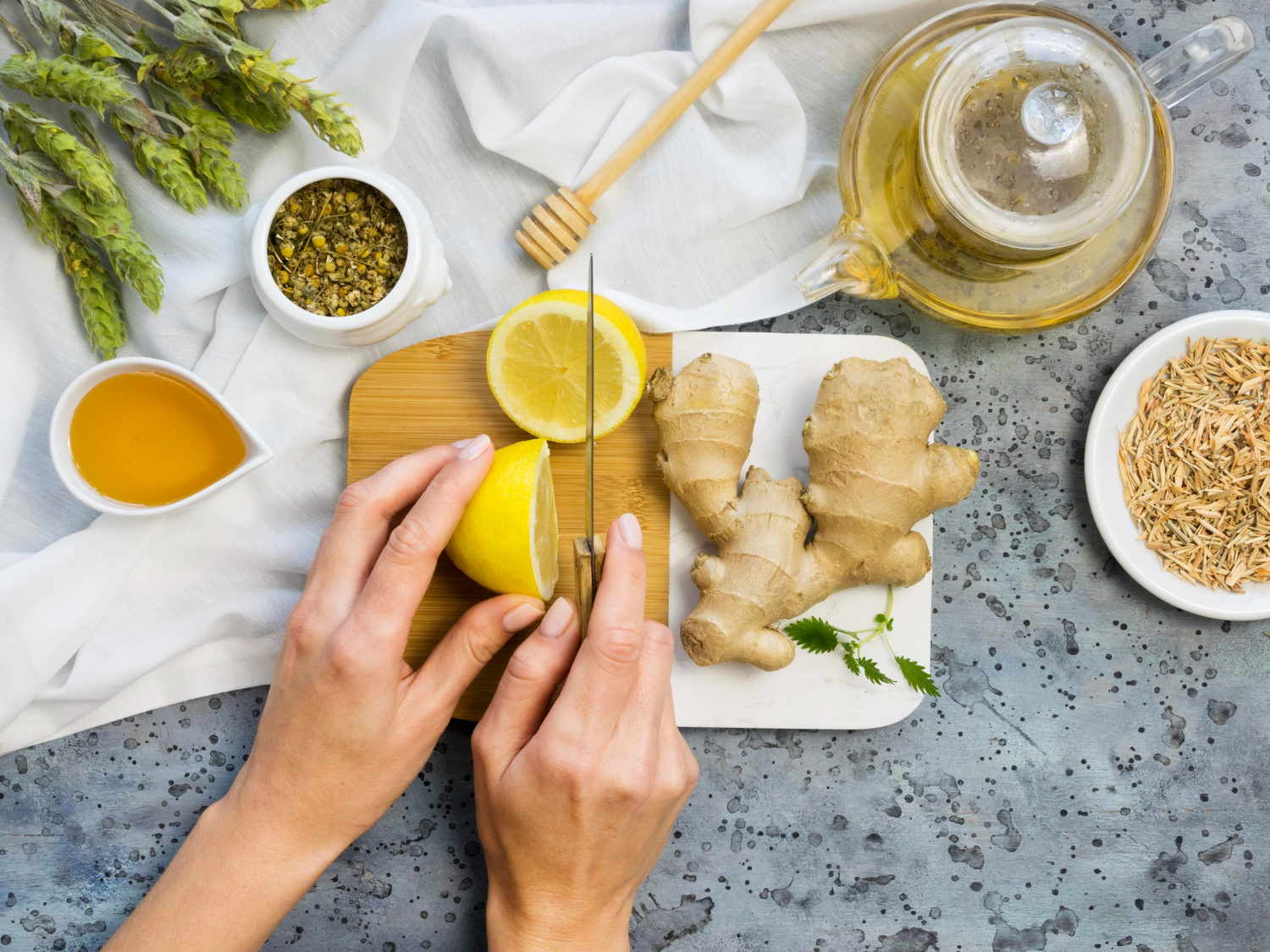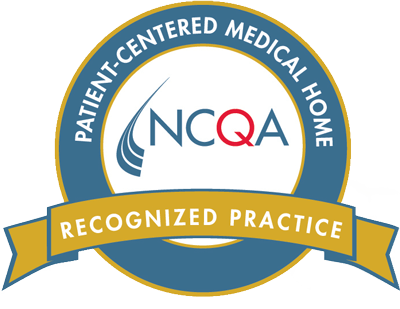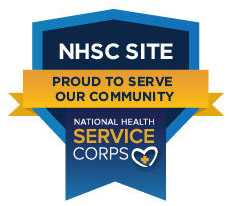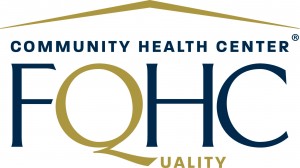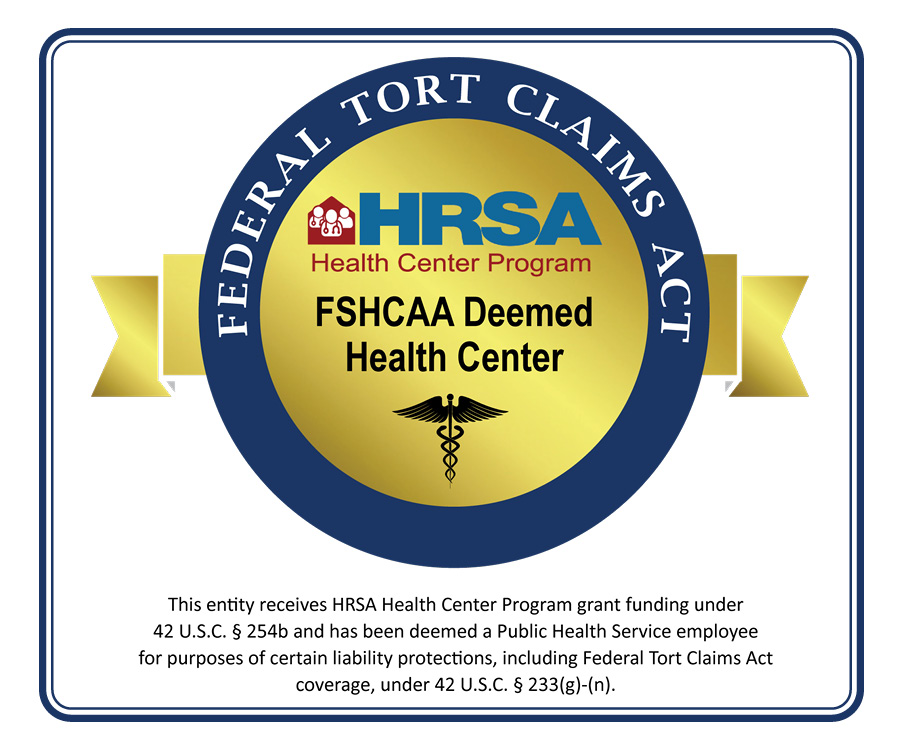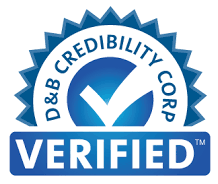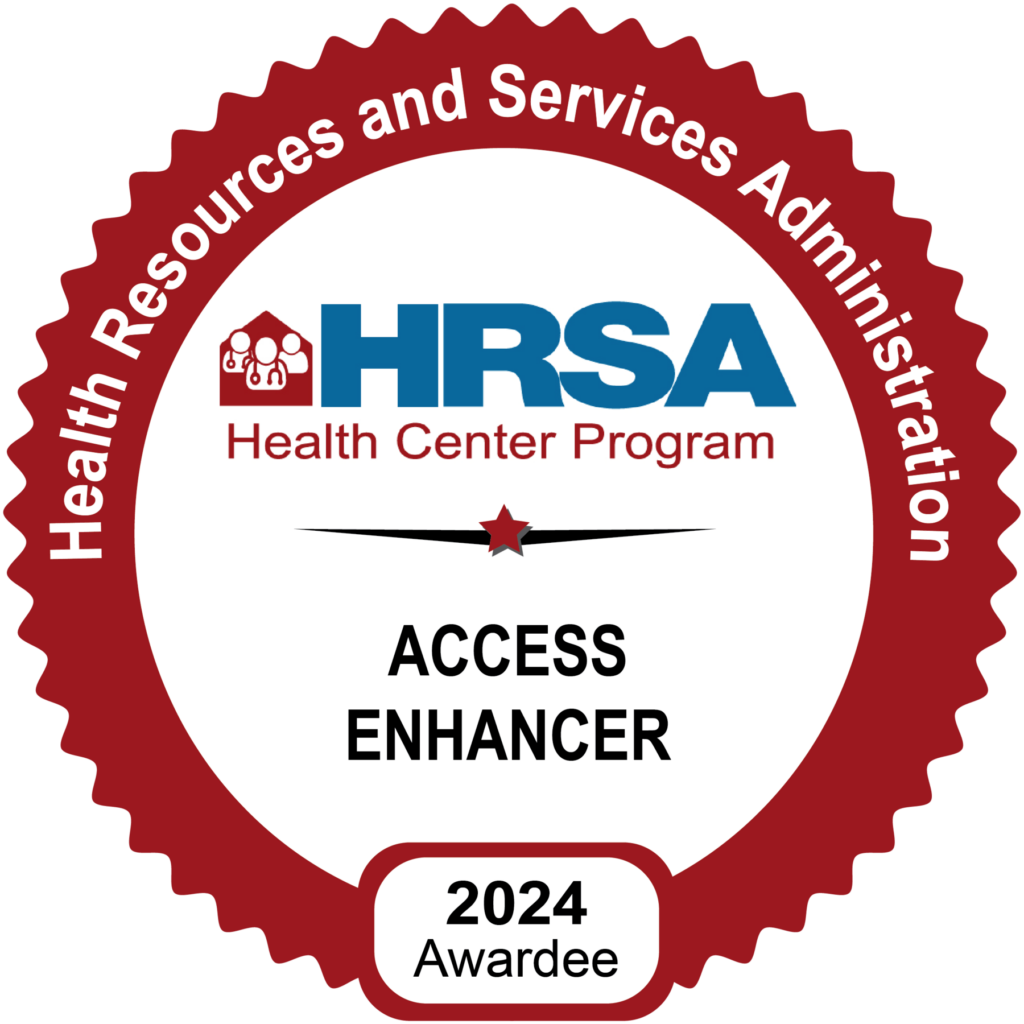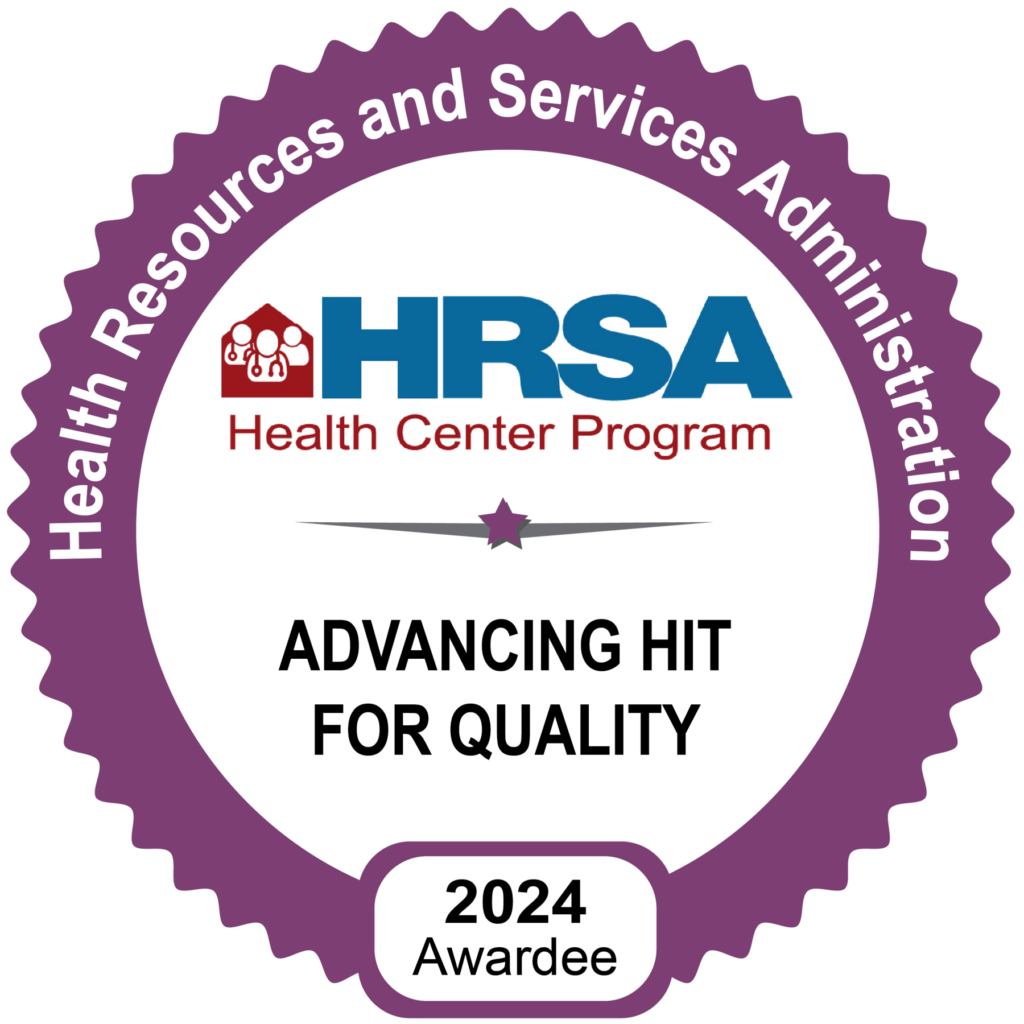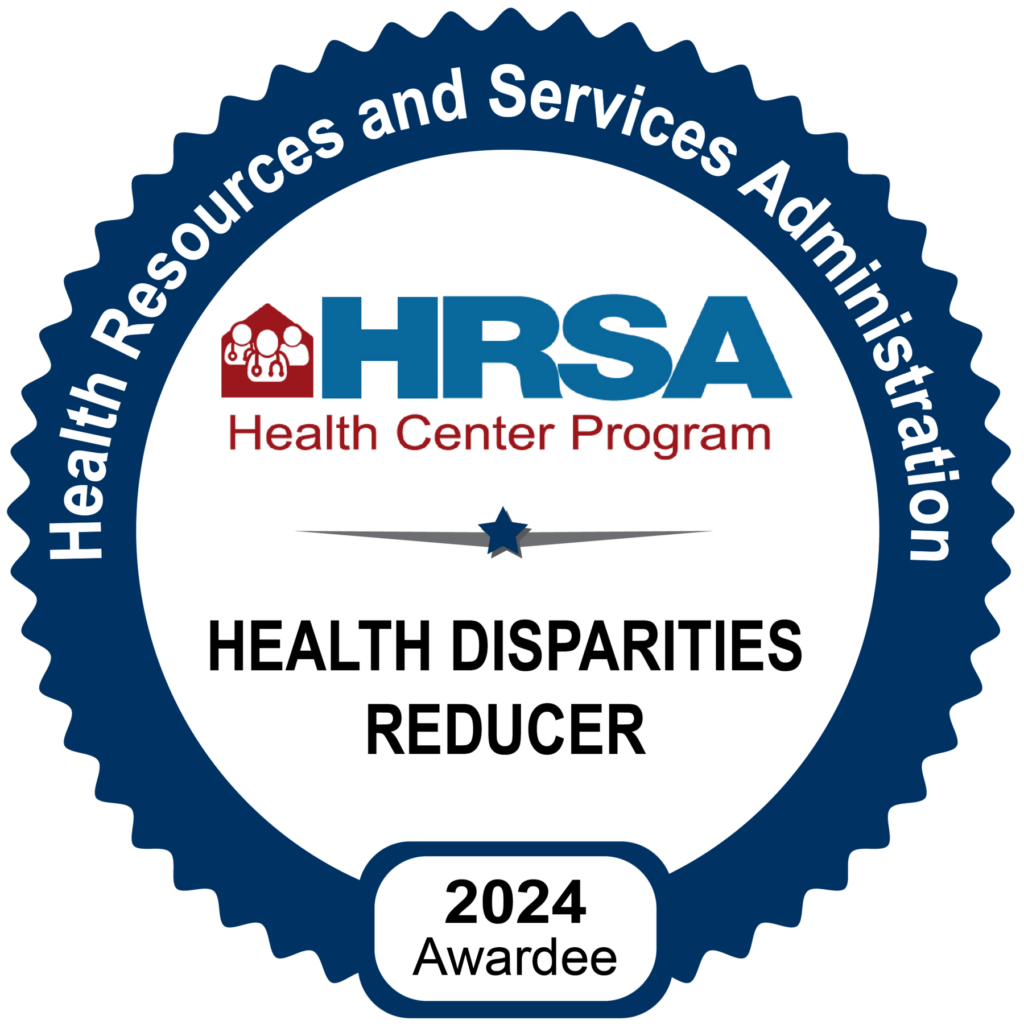The popularity of over-the-counter (OTC) supplements and natural therapies is growing. Figures estimate that the industry is worth around $113 billion today and is projected to grow to an incredible $349 billion by 2034.
These options can be an important part of many people’s wellness routines, offering access to various health benefits. However, it’s essential to recognize that not all supplements are the same. While some are backed by research and can positively impact your health, others may offer limited benefits. Understanding the nature of each natural remedy is key before choosing to incorporate it into your routine.
For most conditions, OTC supplements and natural therapies can work alongside the evidence-based care provided by clinics like Grand Peaks. However, they typically do not replace professional medical care. Managing health often requires a comprehensive approach that includes accurate diagnosis, personalized treatment, and ongoing support.
Vitamin C: Great, But Not a Cure-All
Vitamin C is a good example. Researchers and the media previously claimed it is a cure-all for many conditions, but that’s not necessarily the case. While it plays a critical role in the immune system, it can’t prevent or treat most diseases.
For example, scientific literature reviews have found that it “isn’t possible to prevent colds by taking vitamin C every day over a longer period.” While high doses of vitamin C seem to reduce the length of infections by around 10%, symptoms are only slightly milder, even on high doses.
Furthermore, taking too much vitamin C can be harmful. Overdosing on supplements (instead of getting vitamin C through natural foods) can lead to an upset stomach, vomiting, diarrhea, and a dangerous condition called esophagitis, where the esophagus swells.
Zinc: Immune Support With a Caveat
Zinc is another immune-support supplement that some individuals find beneficial, particularly those with low zinc levels. This mineral, found in concentrated amounts in animal foods, seafood, and seeds, supports the development of immune cells and aids in wound healing.
Some evidence suggests that zinc can reduce the duration of colds in elderly populations and may also have protective effects against autoimmune diseases. However, overuse is dangerous. Taking too much of this mineral can lead to zinc toxicity, which causes gastrointestinal problems and can lead to reduced immune function long-term. Signs of excessive zinc consumption include a metallic taste in the mouth, dizziness, and loss of appetite.
Vitamin D: Essential, Especially in Idaho
Vitamin D is another supplement sold OTC and taken by many people to support their health. The evidence for supplemental vitamin D is more substantial than for most other supplements, but it still can’t eliminate disease.
People living at high latitudes in Eastern Idaho often take vitamin D to help maintain optimal levels in the body. Getting enough sun can be challenging, especially during the chilly winter months when sunshine is rare. Adding extra vitamin D supports bone, immune, and mental health.
Routine vitamin D testing is not recommended, but testing should be discussed with your doctor. Testing can eliminate risks, such as calcium toxicity, which can lead to bone and kidney issues.
Infrared and Sauna Therapy: Relaxing, But Not a Cure
Infrared and sauna therapy are often touted as natural remedies for many common conditions. While their claimed benefits are impressive, they remain subject to debate.
Infrared therapy and sauna are best for relaxation and muscle recovery. Many people with busy, active lifestyles find these interventions helpful, enabling them to work out more intensely in the gym or recover more quickly. However, the benefits beyond this are unclear. The evidence that they work for other conditions, like high blood pressure, degenerative diseases, or cancer, is limited. As such, relying on them over conventional medicine is unwise for most patients.
Furthermore, these interventions do not provide a “detox” for the body. While sauna can help with sweating, these therapies won’t always remove harmful compounds from cells.
Scientifically, detoxification occurs in the liver, where the organ facilitates numerous chemical processes that remove toxins, such as alcohol. However, broader detoxification through alternative therapies is unlikely.
Home Remedies: Myth vs. Reality
Overall, the disparity between claims about home remedies and reality can be striking. There is a lack of evidence to suggest that any of these compounds have significant benefits.
For example, people claim that elderberry can boost immunity and reduce flu symptoms. However, further research is necessary.
Furthermore, elderberry poses safety concerns. Taking the plant in moderation for a short period is generally safe for most people, but raw elderberries are toxic and can cause severe gastrointestinal disturbances.
ACV (apple cider vinegar) is a similar story. The internet is full of blogs claiming it lowers blood sugar and improves digestion, but the reality is different. Some studies suggest that taking the compound may lead to potential weight loss, although the benefits are minimal. Furthermore, ACV is acidic, which can irritate the throat and erode tooth enamel, potentially leading to damage and unknown long-term effects.
Finally, Manuka honey is an example of a product with a substantial difference between the claims and reality. People believe it can cure colds, but it can only relieve symptoms, similar to lozenges.
Fortunately, you can check the safety and effectiveness of OTC and natural remedies by:
- Talking to your doctor.
- Researching the evidence yourself and reading authentic scientific papers beyond the abstract to see what scientists have discovered.
- Reading up on safety information, including the doses and forms of alternative therapies proven safe.
- Considering the source of the supplement or remedy. (Does it come from a trusted manufacturer or brand?)
- Weighing the benefits you will receive (based on the evidence) against the possible risks.
For example, you should ask:
- Is there scientific evidence that this OTC remedy works?
- If there is evidence that it works, does it align with my health goals?
- Are there medical alternatives that are safer and could resolve my issue faster?
- What does my primary care doctor think, knowing my health history?
Alternative medicine can work in some situations, but if your symptoms are severe or you have a chronic illness, you should always consult a medical provider. At-risk groups, like pregnant women or elderly adults, should also consult with their doctor about the safety and efficacy of OTC medications.
Visit a Medical Clinic in Eastern Idaho
Ultimately, natural remedies should complement, not replace, medical care. Therefore, if you have a condition, always ask questions and seek personalized advice from a licensed medical professional. Don’t just accept online claims from brands or non-scientific sources.
Schedule a visit with a Grand Peaks provider today. We offer a sliding scale fee program to ensure families in every situation receive the care they deserve.
